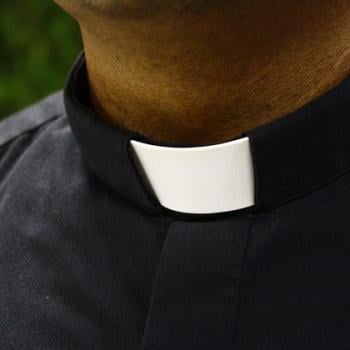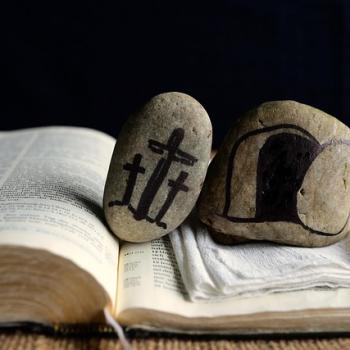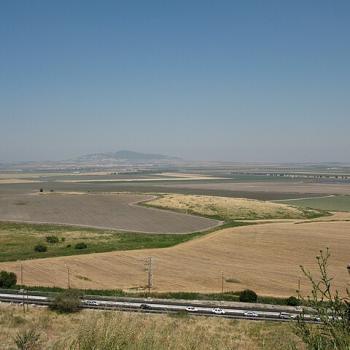
Background On North Korea
The eastern Asian country of North Korea occupies the northern half of the Korean peninsula. China and Russia border North Korea to the north while the Republic of Korea borders it to the south. A 2.5 mile-wide demilitarized zone (DMZ) established in 1953 at the end of the Korean War separates North and South Korea.
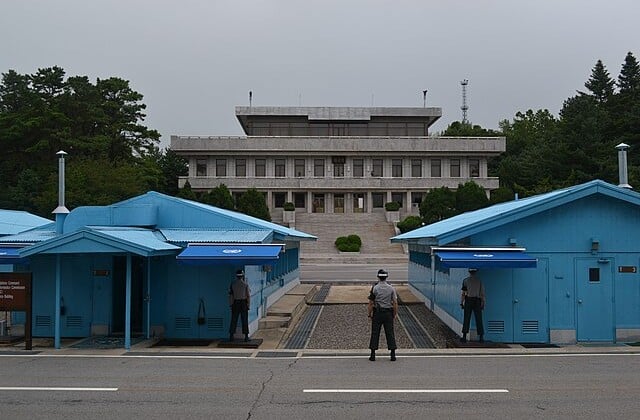
Recent Detention of Americans Trying To Share The Good News
June 27th provided the latest reported attempt to share the Good News in North Korea. The efforts of six Americans resulted in their detention that day by South Korean authorities. No arrest warrants have been issued though. The Americans’ plan, according to police, was to float between 1300 and 1600 plastic bottles filled with miniature Bibles, USB sticks, one dollar bills, and rice from South Korea to North Korea by sea. Unfortunately, the Americans’ operation took place in a restricted area of Ganghwa Island.
A coastal military unit based nearby spotted this activity in the early morning hours and alerted local police. This notice resulted in the swift apprehension of the Americans, adults ranging from their twenties to their fifties, and precluded the release of any bottles from this area. Effective November 2024, the portion of the coast where their activity took place bas been off-limits to the public. Authorities deem it a danger zone because of its proximity to North Korea and the desire not to flare up tensions with their northern neighbor.
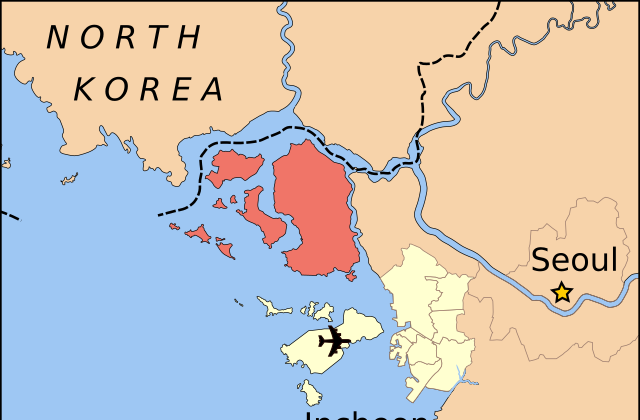
Why Ganghwa Island And Rice To Share The Good News?
As a popular site to launch bottles with rice and USB sticks to North Korea, Ganghwa Island’s location proves key. Situated northwest of Seoul, it is one of the closest parts of South Korea to North Korea. In fact, its position lies just over six miles from the maritime border between the two countries. Unfortunately, launching operations from this vantage point opens up the real possibility of retaliation by North Korea.
While USB sticks can contain the text of the Bible to share the Good News, sending rice doesn’t seem to tie in to that goal. Providing rice sends the message that Christian care about both the body and the soul of a North Korean. Reports that some North Koreans were starving due to a lack of rice inspired the attempts of some to send rice there in plastic bottles. In support of these reports, the UN Food and Agriculture Organizations estimates that North Korea’s annual grain shortage runs between 800,000 to a million tons. Skyrocketing rice prices affect the daily lives of North Koreans.
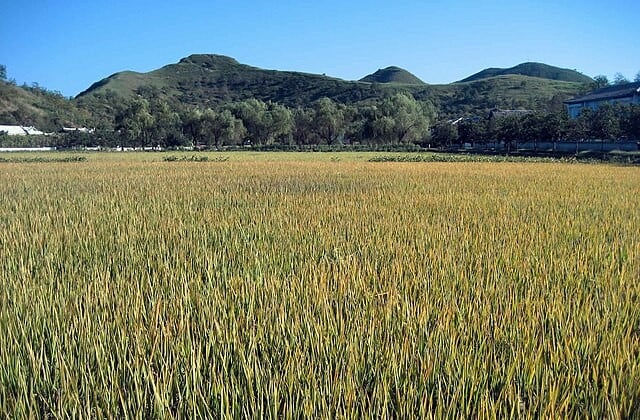
Other Creative Ways To Share The Good News
Hard copy Bibles are bulky, heavy, and dangerous to smuggle today, necessitating thinking outside the box. Thus, small versions of the New Testament which can be exchanged via handshake or unobtrusively left for pickup rate more popular. A technique from Cold War days also offers an incredibly useful alternative. Gospel broadcasts occur over radio in areas near the South Korea border with North Korea almost daily. Estimates indicate that around 20% of North Koreans own a radio, an illicit item.
A more recent delivery method for the Good News involves dropping it from the sky. “Bible Balloons” and drones aid this effort. Bible Balloons first took center stage for bible smuggling in the 1990’s. While still employed, these balloons now are more likely to distribute the Good News in an electronic format rather than in print form. GPS technology guides the delivery vehicle to a rural area where items are dropped for pickup.
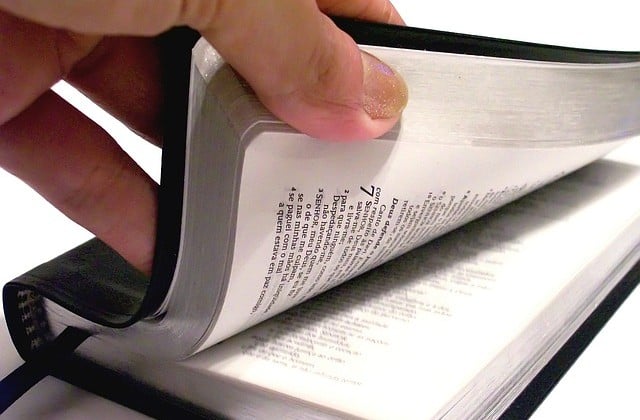
Share The Good News However Possible
Living under an oppressive dictator is a fact of life for North Koreans. Fortunately, Christians in other countries want to make sure they share the Good News with residents of that communist country. A totalitarian state offers no freedom, but Jesus offers freedom from sin. And believers are finding creative ways to get the news of God’s kingdom to residents of the Hermit Kingdom.





